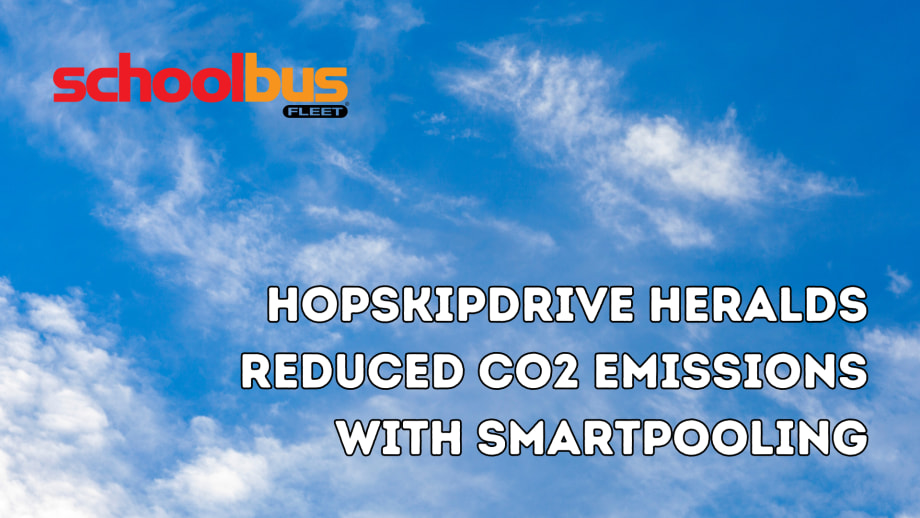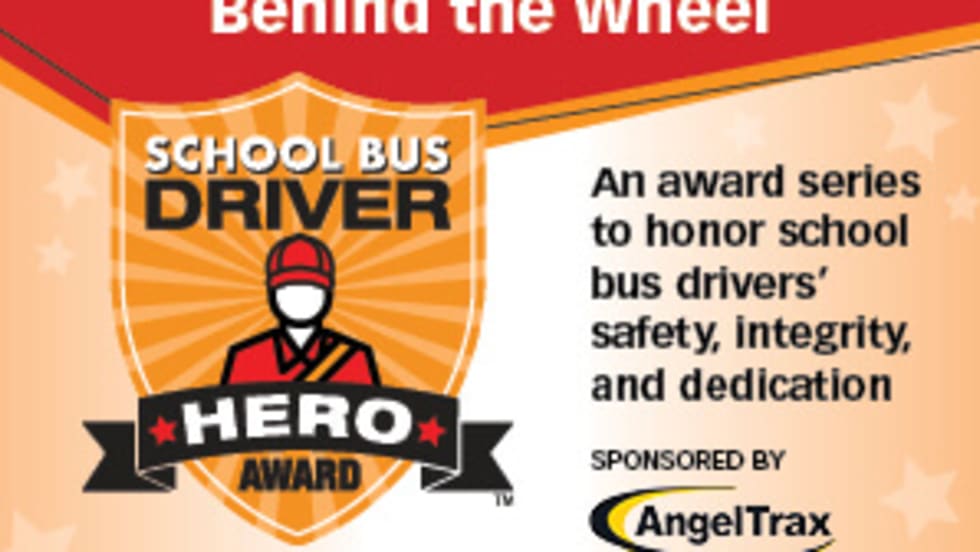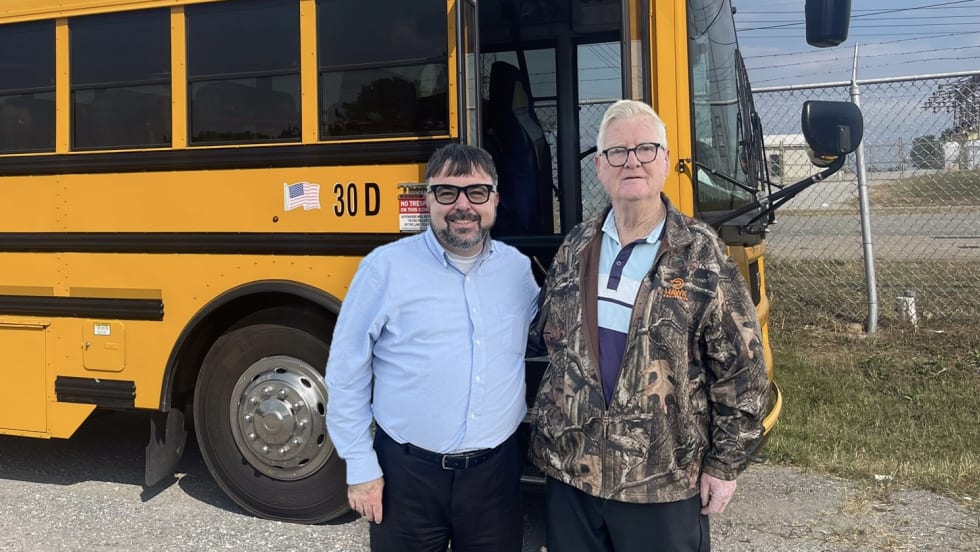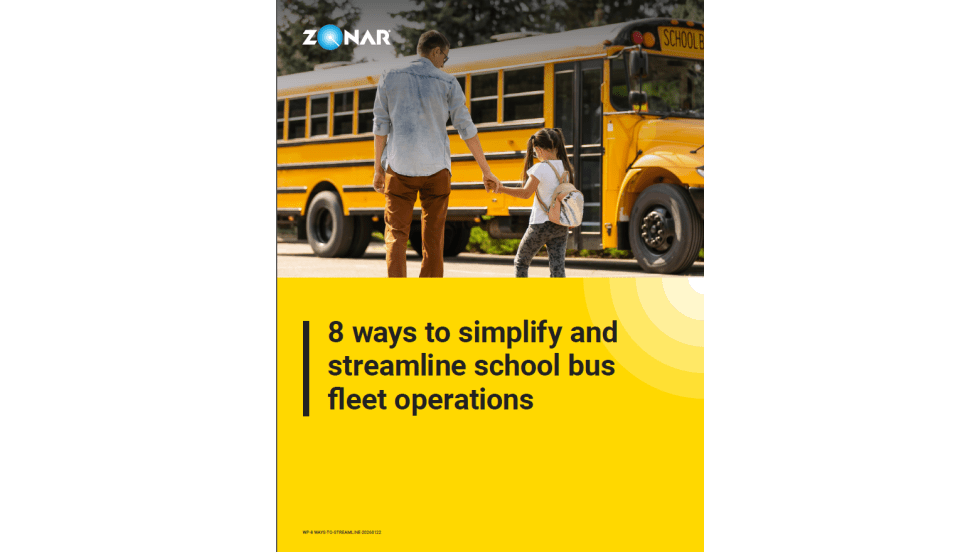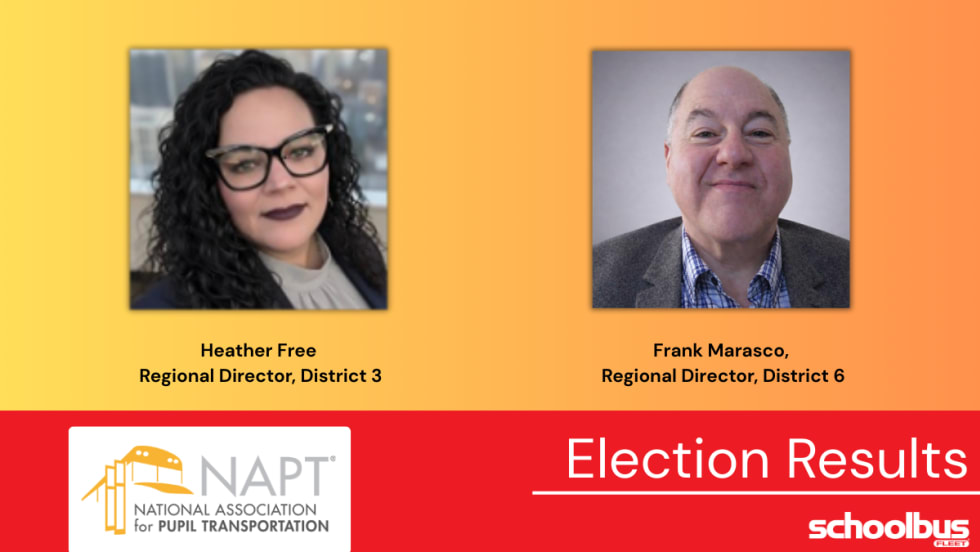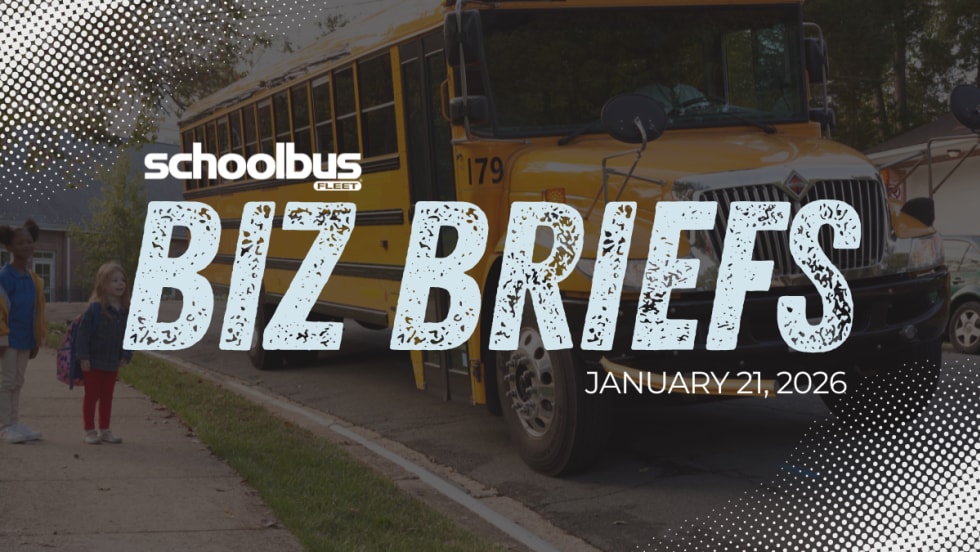HopSkipDrive’s SmartPooling product has reduced 160,000 pounds of CO2 emissions over the past eight months by minimizing single-occupancy rides and matching students for transportation, the company reported this week.
School districts using this feature were able to optimize supplemental transportation options, enhancing operational efficiency. Consequently, these districts reduced inefficient supplemental rides by 280,000 miles, thus using buses more effectively, particularly on dense routes.
Introducing Green Vehicle Awareness: Enhancing Sustainability in School Transportation
Also announced by HopSkipDrive is a new feature providing school districts with visibility into the sustainability impact of HopSkipDrive rides. Dubbed Green Vehicle Awareness, this feature within RideIQ, HopSkipDrive’s ride management system, provides insights into the number and percentage of rides completed in hybrid or electric vehicles.
"Given more than a third of vehicle miles currently traveled on the HopSkipDrive platform are in clean vehicles (electric, hybrid, or fuel cell), and HopSkipDrive platform vehicles are 4.7 times more fuel efficient than a diesel bus, product features like SmartPooling and Green Vehicle Awareness demonstrate that the school transportation sector can quickly be a real driver of climate goals and wins," said Joanna McFarland, CEO and co-founder of HopSkipDrive.
HopSkipDrive Aims to Advance Youth Transportation
These developments build upon HopSkipDrive's efforts to promote clean youth transportation. In February, the company introduced RouteWise AI, an AI-powered machine learning software analyzing a school district’s transportation landscape to provide customized routing options. This technology has already facilitated a 31% reduction in transportation carbon emissions in a Colorado district by enhancing route efficiency and increasing bus route utilization, alongside supplementing buses with smaller vehicles.
"We are incredibly proud of the results we’ve seen through our technology and our CareDriver network, but we know the work is never done," McFarland continued. "We are committed to ensuring that by 2030, at least 50% of vehicle miles traveled nationally on our platform will be completed in clean vehicles. It’s clear multi-modal transportation options can offer school district officials an avenue to adhere to sustainability guidance and build a way to take advantage of all choices."




